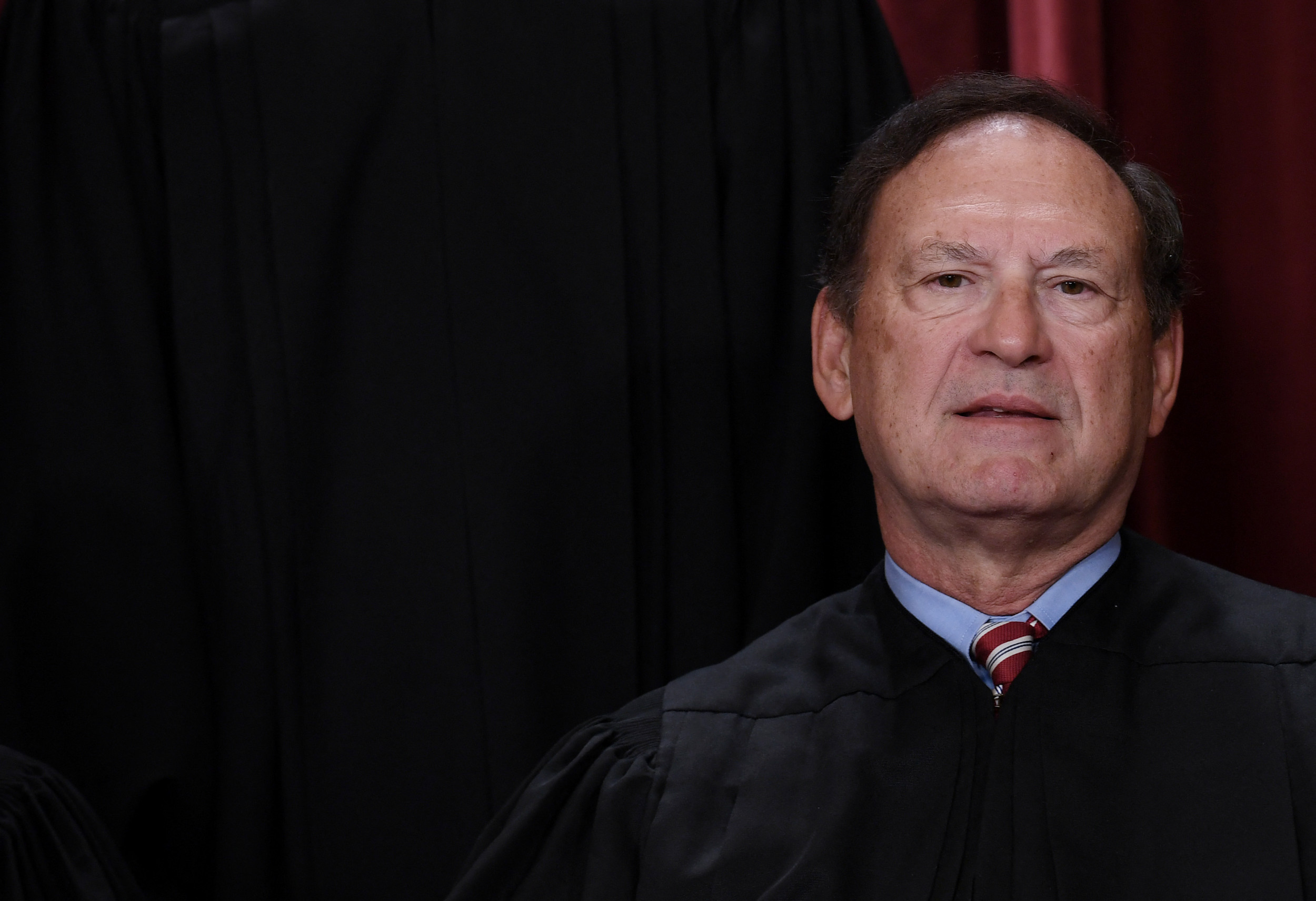A majority of Americans are willing to pay more for their flights to avoid traveling on a Boeing aircraft, according to a recent survey which found that public confidence in the company has plummeted amidst a recent string of incidents involving its planes.
A poll involving 1,000 U.S. adults who flew commercially in the past two years commissioned by Casinos.us and distributed by Pollfish found that 50.22 percent of American flyers would pay between $50 and $150 more for tickets on aircraft they view as safer than Boeing's. Another 23.74 percent would pay less than $50, while 19.06 percent would pay between $151 and $250.
Read more: Compare Top Travel Rewards Credit Cards
Some 36.60 percent of respondents would choose to avoid flying on a Boeing aircraft because of the recent incidents involving the company, while 19.5 percent would not and 38.7 percent weren't sure what they'd do.
Newsweek contacted Boeing for comment by email on Friday morning.

Five years after two Boeing 737 MAX airliners crashed in Ethiopia and Indonesia killing a total of 346 people (157 passengers and crew on a flight from Addis Ababa, Ethiopia, to Nairobi, Kenya, in March 2019 and 189 passengers and crew on a domestic flight in Indonesia in October 2019), in January 2024 Boeing was once again making headlines over an incident involving an Alaska Airlines flight.
On January 5, Alaska Airlines flight 1282, which had taken off from Portland, Oregon, to reach the Ontario International Airport in Southern California, was forced to make an emergency landing back in Portland after a door panel blew out mid-air.
While the 171 passengers and six crew members survived the incident, several were injured when the cabin decompressed and seven are suing the airline. The incident caused the Federal Aviation Administration (FAA) to ground all Boeing 737 Max 9 planes and prompted the U.S. Justice Department to open an investigation into the company.
But several other incidents involving Boeing aircraft have followed that of the Alaska Airlines, including one on a LATAM Airlines flight on March 11 where 50 people were injured due to a sudden "strong movement" on the plane as it was flying from Australia to New Zealand.
Boeing's chief executive Dave Calhoun recently announced he will leave the company at the end of the year as the manufacturer reshuffles its leadership. Stan Deal, Boeing's head of commercial planes, left the company immediately at the end of March.
"It has been the greatest privilege of my life to serve Boeing," Calhoun said in a letter to employees in March. "The eyes of the world are on us, and I know that we will come through this moment a better company. We will remain squarely focused on completing the work we have done together to return our company to stability after the extraordinary challenges of the past five years, with safety and quality at the forefront of everything that we do."
The recent survey shows that American flyers are paying more attention to the aircraft they're flying on since the last time similar polling was made by YouGov some five years ago. In October 2019, 24 percent of respondents to a YouGov poll said they considered it "very important" to know the type of airliner they might be flying in, while 23 percent considered it "somewhat important."
In March, when the Casinos.us poll was conducted, 30.33 percent of respondents said it was "very important" for them to know what airliner they were flying in, while 38.64 percent said it was "somewhat important."
Read more: How to Avoid Rising Airline Baggage Fees
Nearly half of all respondents (48.1 percent) seemed to be aware of the negative press that has surrounded Boeing in the past three months. Only 11.1 percent said they were aware of positive coverage on the company, while 14.3 percent had seen both positive and negative coverage and 26.5 percent had not seen any coverage on Boeing.
Despite the lingering safety concerns, 36.30 percent of respondents said they believed Boeing had taken adequate steps to address and resolve safety concerns with its aircraft, while 24.50 percent thought the company had not done so.
A bigger share of respondents (47.90 percent) believed the FAA had done enough to address and resolve safety concerns with Boeing planes.
Uncommon Knowledge
Newsweek is committed to challenging conventional wisdom and finding connections in the search for common ground.
Newsweek is committed to challenging conventional wisdom and finding connections in the search for common ground.
About the writer
Giulia Carbonaro is a Newsweek Reporter based in London, U.K. Her focus is on U.S. and European politics, global affairs ... Read more





